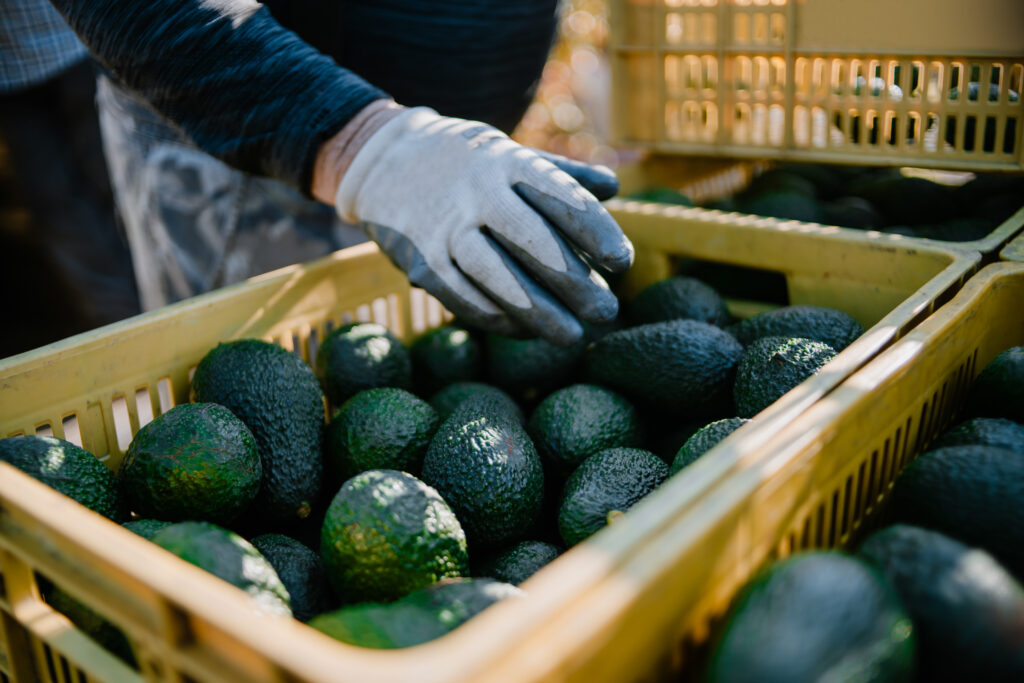Live Well
Updated: August 29, 2024
Smart Cart: Shop Healthy Without the Hefty

Eating well doesn’t have to be expensive. In fact, many healthy foods are quite affordable when you know how to shop strategically. By focusing on whole foods, planning your meals, and taking advantage of sales and bulk buying, you can enjoy a balanced diet that supports your health without stretching your budget. With a bit of planning and these practical tips, you’ll find that eating nutritiously and affordably is not only possible but also enjoyable and rewarding.
In this Live Well. we’ll go over some methods to help you navigate the supermarket aisles smartly and save money, teaching you the best tricks to become a savvy shopper, and ensuring that your grocery trips are both cost-effective and health conscious.

Plan Your Meals & Make a List
When you know exactly what you need, you’re less likely to make impulse purchases. Meal planning allows you to structure your meals around healthy, affordable ingredients.
Start by setting aside some time each week to plan your meals. Consider your schedule and choose recipes that fit your time constraints and cooking abilities. Consider dishes that use similar ingredients to maximize budget and minimize waste. (E.g., if a recipe calls for half a bag of spinach, plan another meal that uses the remaining spinach.)
Sticking to your list helps you resist marketing tactics designed to encourage spontaneous buying.
Tip: Before heading to the store, check your pantry and fridge to see what ingredients you already have. This both prevents waste and helps rotate your food supplies effectively.
Try Some Foster’s ‘Pick 5’ Recipes:
Shop Seasonal and Local Produce
Shopping for seasonal and local produce is a fantastic way to eat healthily and save money. Seasonal fruits and vegetables are often more affordable because they are harvested at their peak, resulting in a higher supply and lower prices.
Local produce, on the other hand, often comes directly from nearby farms, meaning it doesn’t incur the same transportation and storage costs as imported goods. This ensures you’re getting produce that is fresher and retains more of its nutrients. Additionally, buying local supports the local economy and reduces the carbon footprint associated with long-distance food transportation.
Tip: Get to know what’s in season and incorporate those items into your meals, like summer fruits. Consider freezing or canning them when they’re at their peak for later use.
Shop Local Produce with Foster’s:


Use Flyers to Track Sales
Taking advantage of grocery store flyers is a tried-and-true method to save money on your weekly shopping. Flyers highlight the best deals and discounts available at stores, allowing you to plan your shopping trips around these promotions for items you frequently buy, as well as discovering new products that are on special offer.
Planning your meals around the items on sale each week can lead to significant savings over time. For instance, if you see that chicken breasts, broccoli, and rice are all on sale, you can plan a few meals around those ingredients, ensuring you’re eating healthy while staying within your budget.
Tip: Organize your shopping list by store section based on the flyer deals. This way, you can efficiently pick up all the discounted items without missing anything, saving both time and money during your grocery run.
View Foster’s Weekly Specials:
Stick to Your Budget!
Sticking to a budget is crucial for effective and economical grocery shopping. Begin by creating a detailed list based on your weekly meal plan, which helps you focus on purchasing only what you need. Review your list and make any necessary adjustments based on current sales or promotions that align with your planned meals.
Avoid the temptation to deviate from the list for impulse buys. Determine how much you want to spend for the week and divide it among different categories (like produce, dairy, and meat). This approach ensures you allocate funds appropriately and avoid splurging in one area at the expense of another.
Tip: For larger shopping trips, it’s helpful to use the calculator on your phone to track your spending as you go. This way, you can make real-time adjustments if you notice you’re approaching your budget limit.
Track Your Budget with Foster’s Online:

Smart Cart shopping is all about making mindful decisions to get the most out of your grocery budget while still enjoying healthy, delicious meals. By planning your meals, sticking to a detailed shopping list, and keeping an eye on store promotions and prices, you can navigate the aisles with confidence and ease, making your grocery trips more efficient and purposeful.
Embracing these smart shopping habits turns grocery shopping from a routine task into a strategic game of finding the best deals and value. So next time you head to the store, remember these tips to keep your cart—and your budget—smart and balanced.


